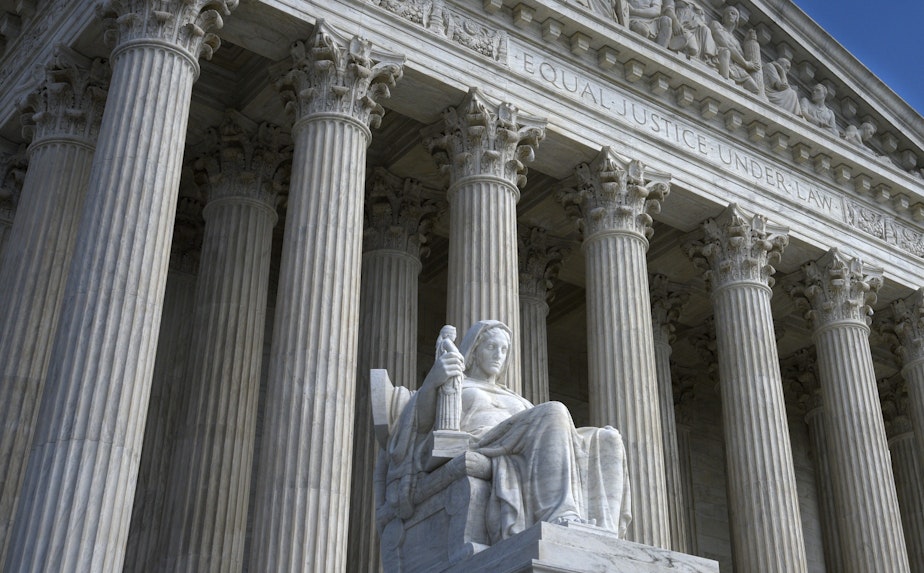The Case For Rethinking American Libel Law

57 years ago, the Supreme Court heard a case that changed how this country protects freedom of the press.
Constitutional scholar RonNell Anderson Jones says that since Times v. Sullivan, a public figure has to prove a news organization knowingly lied with actual malice.
It’s a standard that first Amendment lawyer Steve Zansberg says is good for democracy:
“It doesn’t so much protect the press, what it protects is our right to receive information,” Zansberg adds. “If we didn’t have the actual malice test we would all suffer from having far less information available to us.”
Now, two Supreme Court justices say in this social media era it’s time to revisit Times v. Sullivan. Is it?
Sponsored
Guests
RonNell Andersen Jones, law professor at the University of Utah College of Law. Fellow at the Yale Law School Information Society Project. (@randersenjones)
David Logan, law professor at Roger Williams University’s School of Law. Author of the paper Rescuing Our Democracy by Rethinking New York Times Co. v. Sullivan.
Also Featured
Steve Zansberg, first amendment lawyer based in Denver, Colorado.
Sponsored
From The Reading List
Washington Post: “Opinion: A judge’s astonishing attack on a First Amendment precedent may end up strengthening it instead” — “Federal appeals court judge Laurence H. Silberman’s dangerous dissenting opinion in Tah v. Global Witness Publishing last week has already caused a firestorm — not because he urged the Supreme Court to overrule New York Times v. Sullivan and its ‘actual malice’ defamation standard, but because of the astonishing and disturbing reasons that he proposed for dispensing with that landmark decision.”
Washington Post: “Opinion: The Supreme Court inches closer to a press freedom showdown” — “At the Supreme Court, today’s lonely dissenting opinion sometimes grows into tomorrow’s constitutional law.”
This article was originally published on WBUR.org. [Copyright 2021 NPR]
